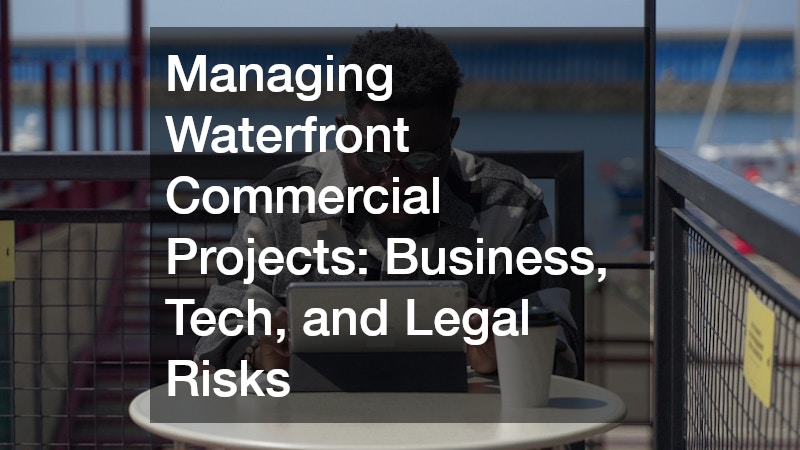Society asks children what they want to be when they grow up. Going through school, students are expected to discover what kind of profession they want to get into. Eventually, the time to decide on a college or university comes, setting up the career path of many young aspirants.
Career and profession are obviously very important, and how it develops and blossoms are something many people are both curious and worried about. More importantly, career development takes precedent when thinking of a professional journey, but what is it really?
Career Development in Simple Terms
When hearing the words career development, it’s easy to imagine that it’s simply the process of getting promoted from one position to the next. However, it’s a lot deeper than that. A large part of developing your career is expanding your knowledge, creating a network of people you can rely on, and proper decisions during the crucial moments of your career. It also includes choosing the correct choice when presented a fork in your career.
All of these are part of career development, after all, a career isn’t just about promotion. It’s the skills that get you promoted and the projects that get you recognition. But besides the skills, what are the factors that affect a developing career? And how can you turn those factors into something favorable for you? Of course, there’s no single answer as everyone’s situation will vary greatly but here are a few ideas to get you started.
Factors Affecting Your Career and How to Make them Work for You
As mentioned before, some factors can influence or directly affect your career. These factors must be considered, as they will play an important role in whether your career blossoms or not.
Educational Attainment
Obviously, some careers require a very specific set of educational degrees- be it vocational or collegiate. Once you’ve decided on what career you’d like to pursue, the next step is to know whether it requires educational attainment. For example, you need to have attended a nursing school or academy to be a nurse, but you don’t have to go to tech school to be a programmer. Some professions do have college courses but aren’t exactly a requirement and knowing which one does need one will help you prepare for it.
The most efficient option here is to pursue a career that you have a degree for or if you don’t have a degree, pursue newer careers that seek skills over a degree. The field of technology and arts are rife with these, needing only a credible portfolio for you to secure a job.
Financial Constraints

As mentioned before, some career options require an educational degree. In such a situation, you need to shell out money to attend college. This can severely limit your options, as you might not be in a position to spend such a large amount. However, there is also the option of seeking student loans, scholarships, or even a financial grant.
However, the financial constraint doesn’t just limit your educational options. There are also factors such as not having money for proper interview wear, or not being able to travel to interview locations. Your career is important, yes, and it will lead to a better financial situation down the line, but that on its own takes financial investment. That’s why saving money and penny-pinching is such a common theme among those pursuing their careers. And it’s best to start being financially wiser now, especially since it will pay off later.
Personal Skills
Many people bank on their inherent skills to get ahead in their careers. Being particularly good at a specific industry helps- being good at digital art, programming, or whatever industry you’re involved in helps a lot indeed. However, your skills will have an eventual limit that you need to address.
Staying updated with the developments and innovations in your industry is necessary to stay competitive and in the know. This can be achieved through refreshing your skills via seminars and short courses, or you can toil on your own and self-study. Regardless, not being content and always looking forward to improving is crucial in making sure you stay relevant in your industry.
And Don’t Forget Social Relations
Everyone’s been in a position where they feel like they would have been promoted had they been closer to the boss. Skills are important, but having people know your skills is crucial too. While it can be frustrating feeling that personal connections shouldn’t be a factor in getting ahead in someone’s career, it’s part of the inevitable truth.
The inevitable truth is that you need to network and be a people person to some extent. After all, we need to convince others of our skills and worth, and being on good terms with those around us is one way of doing that.










